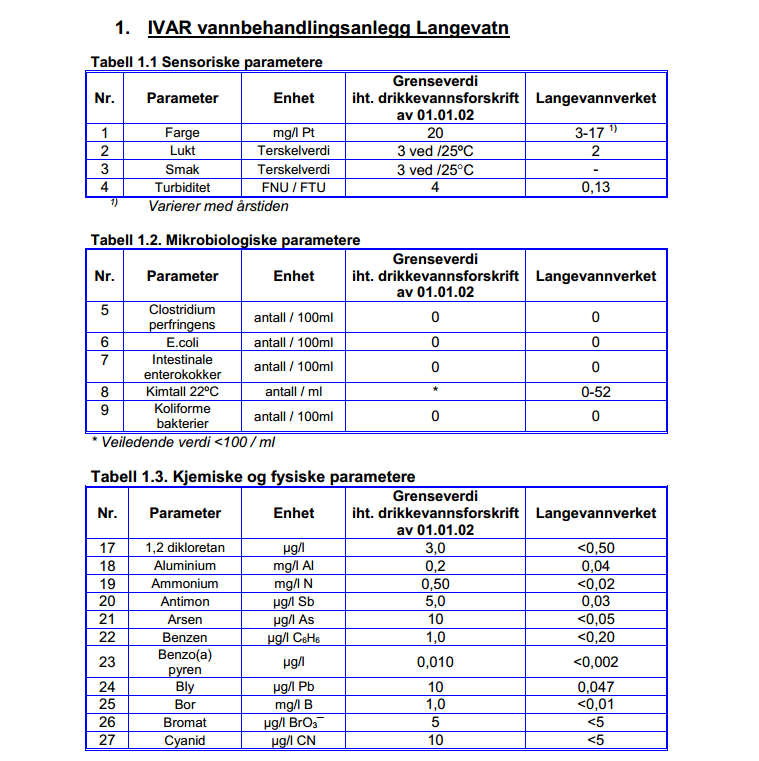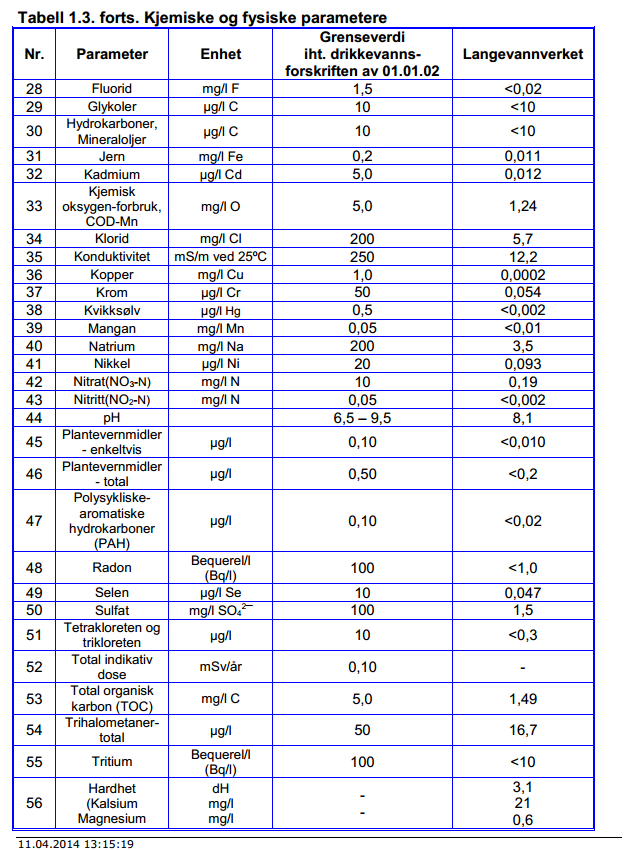I created this thread in the wrong place. but i'm wondering if you guys could help me understand if i need to do some adjustments when doing partial mash (biab) brewing.
the guy who taught me is from this country and been brewing for 30+ years, and he's never worried too much about water adjustments, and he churns out some truly great beer. but i'm honestly more into the science behind a lot of it, so i've been wondering about the water chemistry here. especially for some of my hop forward beers. the reports are attached. i'll post a translation as the first reply. thanks for any and all help!


the guy who taught me is from this country and been brewing for 30+ years, and he's never worried too much about water adjustments, and he churns out some truly great beer. but i'm honestly more into the science behind a lot of it, so i've been wondering about the water chemistry here. especially for some of my hop forward beers. the reports are attached. i'll post a translation as the first reply. thanks for any and all help!


























































